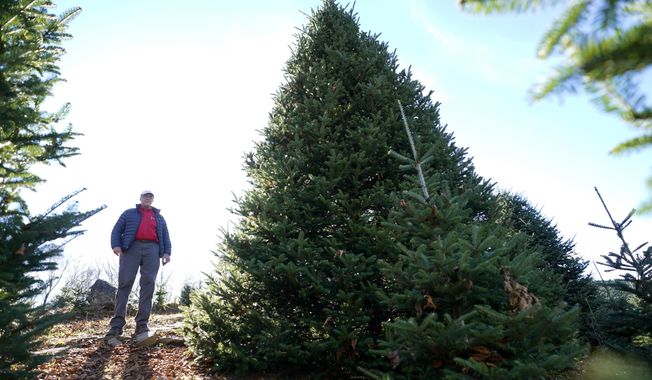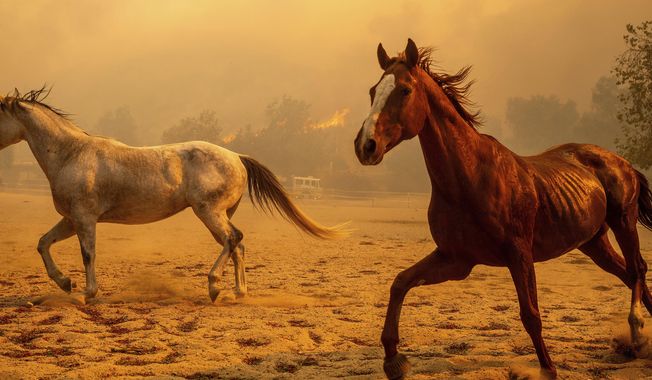
FILE -- This undated file photo from the U.S. Fish and Wildlife Service shows a portion of the Bandon Marsh National Wildlife Refuge outside Bandon, Ore., where a 400-acre salt marsh restoration has produced hordes of mosquitoes that have tormented local residents, golfers and and campers. Pressed by advocacy groups, the U.S. Fish and Wildlife Service has dropped plans to spray chemical pesticides to kill the mosquitoes. Instead, the agency will use a biological pesticide that poses less risk to the crabs, crawfish and worms that fish and wildlife depend on for food. (AP Photo/U.S. Fish and Wildlife Service)
Featured Photo Galleries

Trump Transition: Here are the people Trump has picked for key positions so far
President-elect Donald Trump has announced a flurry of picks for his incoming administration. Get full coverage of the Trump transition from The Washingon Times.

Trump dances onstage, takes post-election nation by storm
President-elect Trump dances onstage












